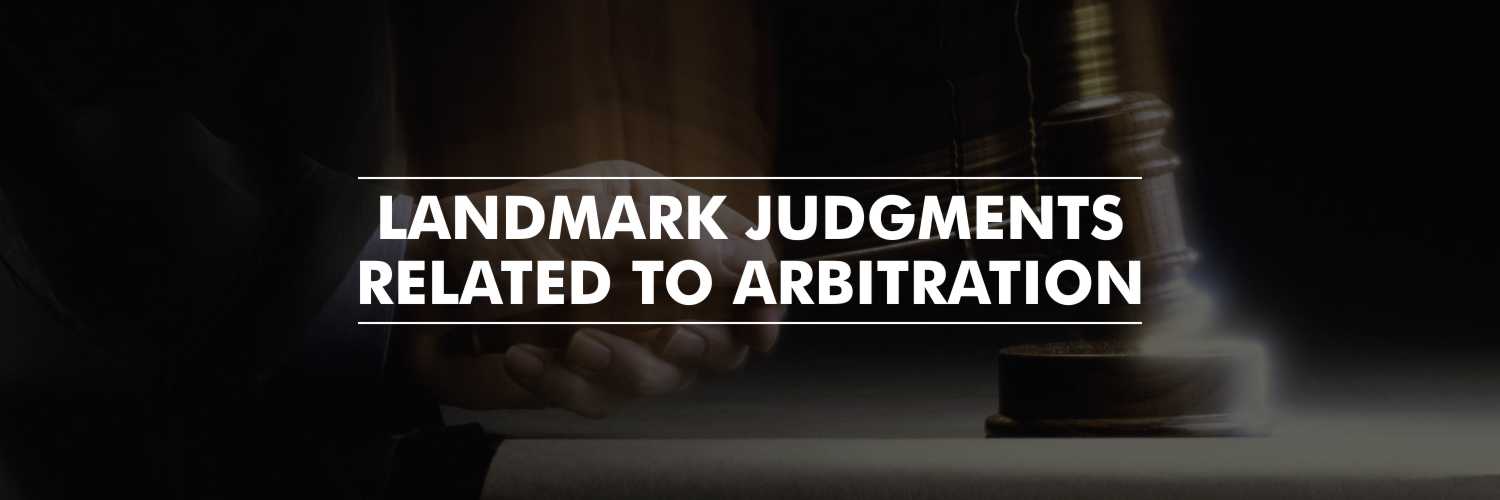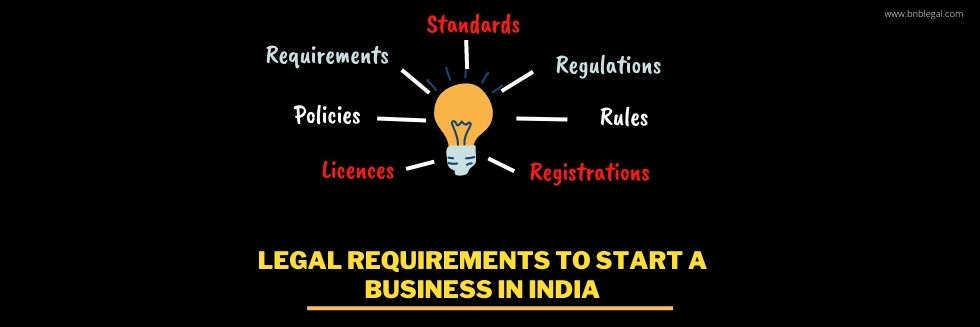An alternative to litigation, arbitration is a mechanism which ensures speedy resolution of contractual disputes. Governed by “The Arbitration and Conciliation Act, 1996”, the process of arbitration can be initiated if prior to the occurrence of a dispute, there has been a written agreement between the parties. The contract under which the dispute arises, must either contain an arbitration clause or, must refer to a separate agreement drawn between the parties for resolving a dispute under such contract by way of Arbitration.
The existence of an arbitration agreement can also be inferred by a written correspondence such as letters, telex, or telegrams which may provide a record of such agreement. An exchange of statement of claims and defenses in which the existence of an arbitration agreement is alleged by one party, and is not denied by the other, is also considered as a valid written arbitration agreement. Any party to the dispute can start the process of appointing the arbitrator and if the other party does not cooperate to such appointment process, the party can approach the High Court for the appointment of an arbitrator.
An Arbitration tribunal can be constituted of a sole arbitrator or of a panel of arbitrators.
The grounds upon which a party can challenge the appointment of an arbitrator:
- reasonable doubt in the impartiality of the arbitrator
- lack of proper qualification of the arbitrator
There is very little scope for judicial intervention in the arbitration process. Once a dispute is pending before the arbitration tribunal, it is only the interim measures which can be claimed in the court.
By virtue of doctrine of Kompetenz- Kompetenz, an arbitration tribunal is capable of decide upon its own jurisdiction. Thus, if any party wants to challenge the jurisdiction of the arbitration tribunal, it can do so only before the tribunal itself. If the tribunal rejects the request, the parties can however approach the court, but, only after an award is passed by the tribunal.
If the period for filing an appeal for setting aside an award of the arbitration tribunal is over, or if such an appeal is rejected, the award is deemed to have become binding on the parties and is considered as equivalent to a decree of the civil court.
Is ‘Conciliation’ given sufficient validity under Indian Law?
Conciliation
Conciliation is a process of dispute resolution with the help of an independent person. It is also governed by “The Arbitration and Conciliation Act, 1996”. Conciliation is rather a less formal technique of arbitration. This process does not mandate the existence of a prior agreement. Any party can request the other to appoint one or more conciliators. In case of multiple conciliators, all of them must act jointly.
Procedure of Conciliation in India:
The party initiating conciliation should send a written invitation to the other party mentioning the subject matter of dispute. The other party has to make an acceptance in writing. If the other party rejects the offer to conciliate, there can be no conciliation.
After the appointment of the conciliator, the conciliator asks both the parties to submit summary written statements describing the nature of the dispute and to specify the points of issue. Each party is then required to send a copy of the statement to the other party.
The conciliator has the discretion to call upon the parties to submit a written statement in support of facts. He may also ask for further details and other documents as he may deem fit for speedy conciliation. He may call upon the parties to communicate orally or in writing. He can also request the parties to conduct a meeting. The parties may submit their suggestions for the settlement of dispute.
A conciliator is not bound by rules of procedure, but, by the rules of natural justice. He must be guided by the principle of objectivity, fairness, and justice. A conciliator must thoroughly understand the right and obligation of the parties, the usage of the trade, the facts and circumstances surrounding the dispute, and previous practice between the parties. A conciliator must assist the parties in an independent and impartial manner.
A conciliator is authorized to make a proposal for settlement of dispute at any stage of the conciliation proceedings. When it appears to the conciliator that an element of settlement exists between the parties, he may draw up the terms of the settlement and send it to the parties for consideration and acceptance. If both the parties agree to sign a settlement document framed by the conciliator, it becomes final and binding on both.
In the end, it can be said that conciliation has sufficient validity under Indian law. However, conciliation is not as prevalent as it should be. Being one of the best (and age-old) technique of dispute resolution, conciliation is an opportunity for the parties to save themselves considerable time and energy. It also imports an enormous burden from the already stacked courtrooms and helps ensuring a just society in an amicable fashion. To be able to considerably turn the Indian society towards conciliation, it will take an age or two of genius conciliators. At B&B Associates LLP we encourage conciliation wherever there is a scope. We have some of the most experienced and qualified lawyers who patiently, effectively and dedicatedly work to resolve a dispute between the parties in the most amicable manner.









